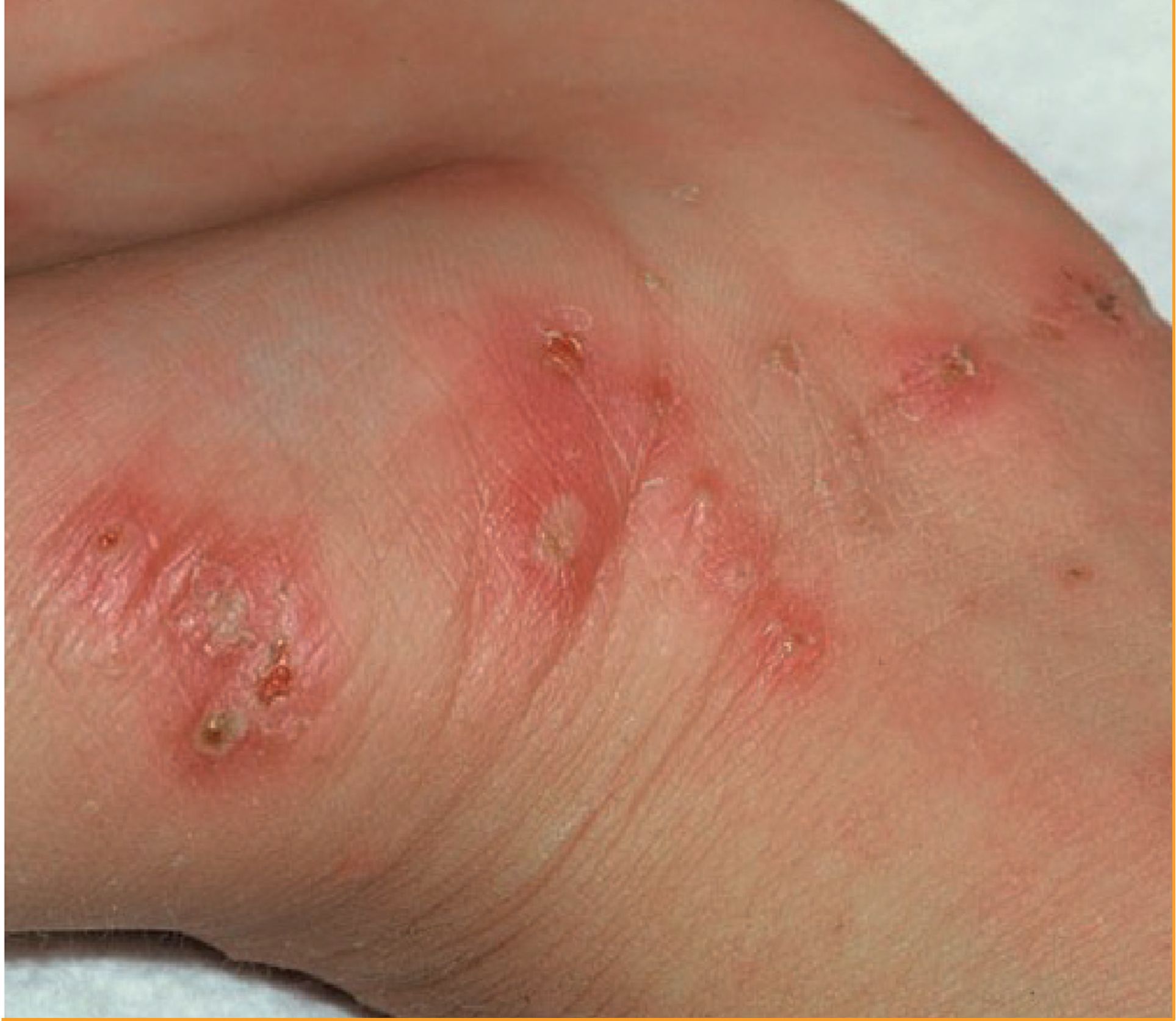
Scabies
Scabies is a highly contagious, itchy skin infection caused by mites, spread through close contact or shared belongings. It can be treated with prescribed creams or lotions.
At St Margaret’s Hospice, we’re here to support everyone impacted by a life-limiting illness. Whether you’re a patient, carer, healthcare professional, or family member, we’ve gathered a range of resources, guidance, and educational programmes to help you navigate this journey with confidence and compassion.

Scabies is a highly contagious, itchy skin infection caused by mites, spread through close contact or shared belongings. It can be treated with prescribed creams or lotions.

Norovirus, also known as the winter vomiting bug, is a highly contagious virus causing vomiting, diarrhoea, and abdominal pain.
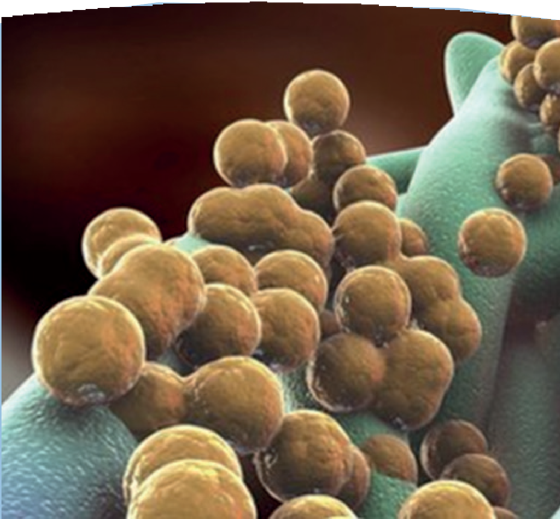
MRSA is a bacteria that can cause infections, particularly in people with weakened immune systems, and is treated with antibiotics or decolonization measures if necessary.
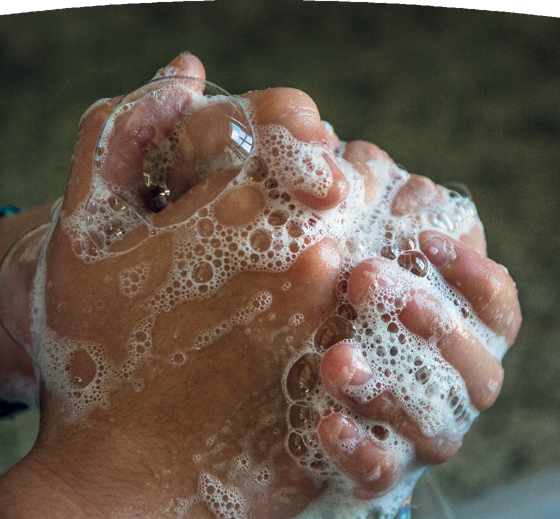
To minimize infection risks at home, clean regularly, wash hands frequently, especially after handling waste or food, and maintain hygiene in high-risk areas like kitchens and bathrooms.
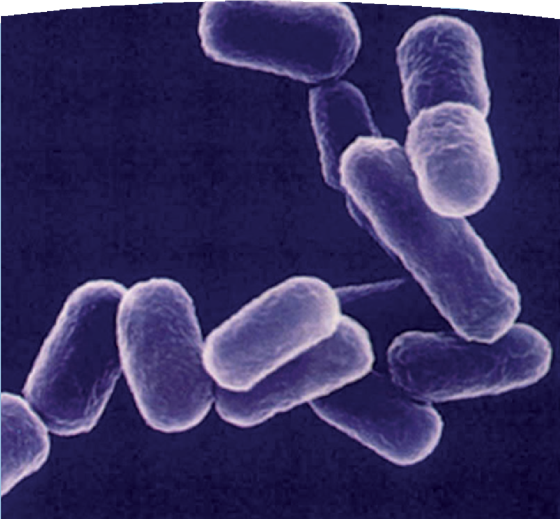
ESBLs are bacteria found in the bowel that can cause infections, especially in those with weakened immune systems, and are spread through unwashed hands or contaminated equipment.

CPE is a bacteria that can cause infections in those with weakened immune systems, but poses no risk to healthy visitors.
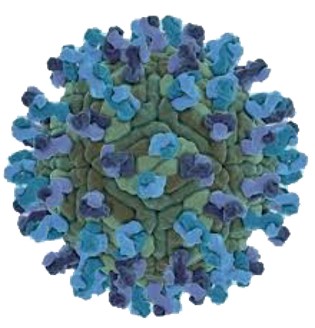
Chickenpox is a contagious viral infection common in children, and shingles, caused by the reactivation of the same virus, occurs mainly in adults.
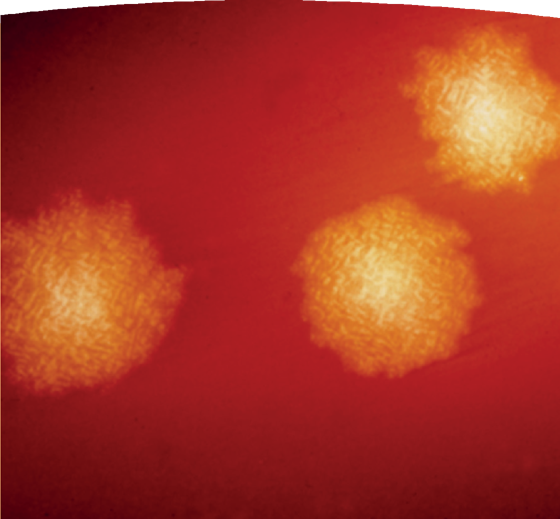
Clostridium Difficile (C. Diff) is a bacteria that can cause diarrhea, spreading through spores, and requires strict hygiene to prevent infection.